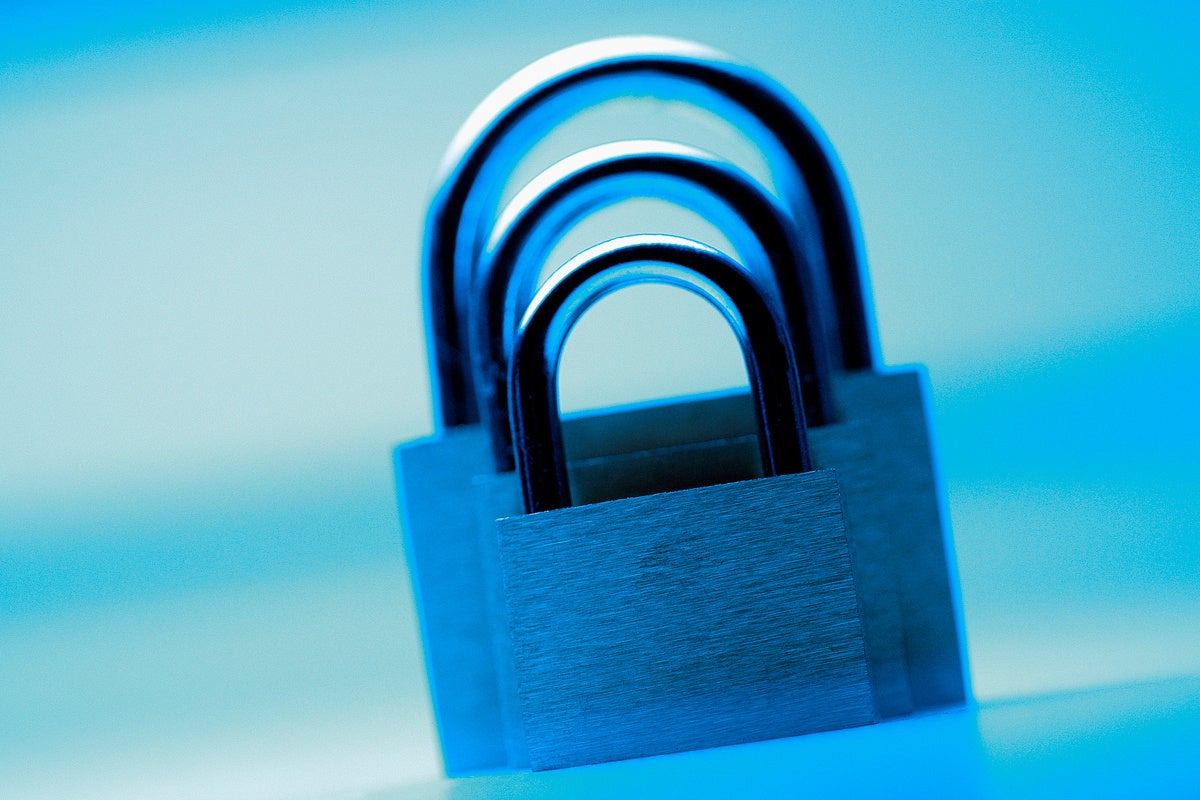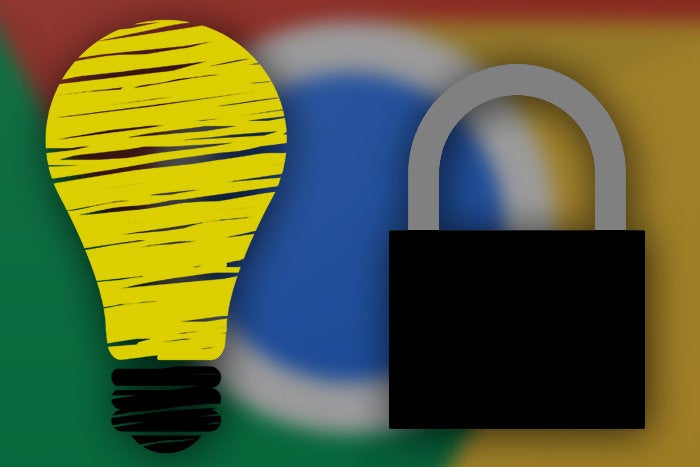Google Smart Lock: The complete guide

Credit to Author: JR Raphael| Date: Wed, 12 Dec 2018 03:00:00 -0800
Think fast: How many times a day do you pick up your phone to look at something? Unless you live in the tundra or have far more self-control than most, the answer probably falls somewhere between “quite a few” and “more than any sane person could count.” Assuming you keep your device properly secured, that means you’re doing an awful lot of unlocking — be it with your face, your fingerprint, or the code you tap or swipe onto your screen.
And that’s to say nothing of the number of times you type your password into your laptop or enter your credentials into an app or website during the day. Security’s important, but goodness gracious, it can be a real hassle.


